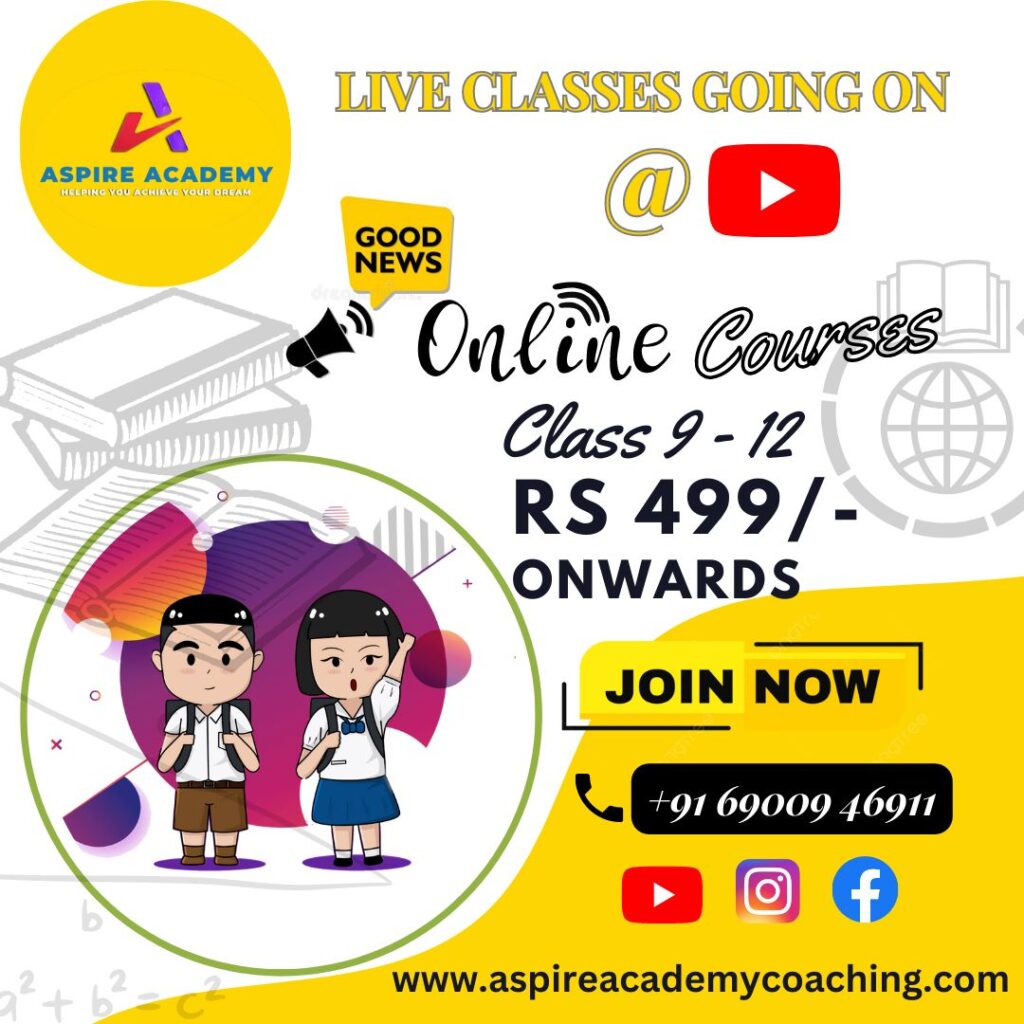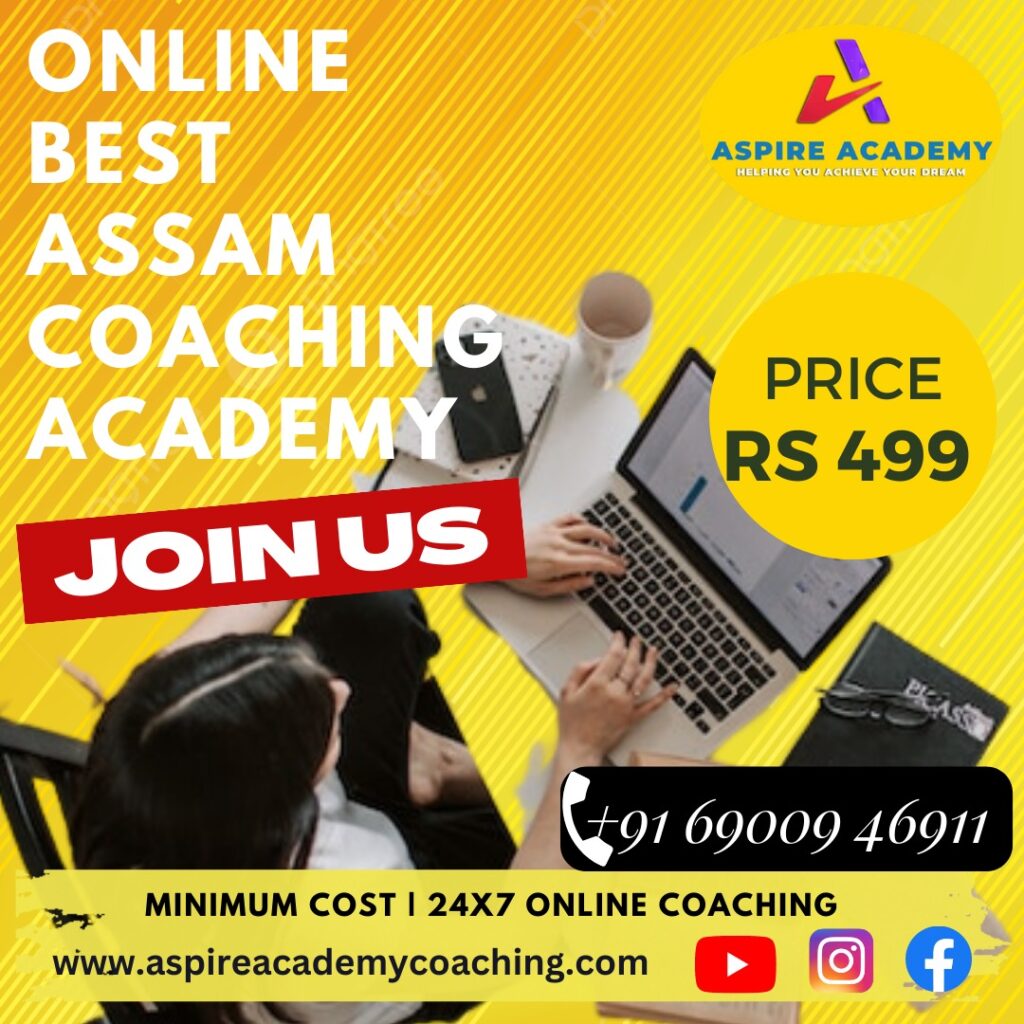Aspire Academy Promotes Quality Education at a Low Price to Fight Consumerism In Education in Assam. Going to school or college has merged with earning money in today’s fast-paced, consumer-driven world. Even though education encompasses a wide range of topics, it’s crucial to keep in mind that not all forms of education produce accurate information. Aspire Academy is a ‘not for profit’ organisation that seeks to alter public perceptions of education by providing high-quality educational opportunities at minimal prices. We define education and knowledge in this blog post and demonstrate how Aspire Academy’s mission aligns with the fight against consumerism in education.
How to Recognize the Difference Between Knowledge and Education
1. Education as a Process: Education is the methodical process of acquiring knowledge, skills, and values through a variety of channels, including formal education, informal learning, and self-study. It consists of organised training programmes, exams, and certifications, all of which are aimed at imparting a uniform body of information and abilities. Education frequently serves institutional needs more so than the needs of individuals to advance their knowledge and growth.
2. Knowledge as True Understanding: Knowledge, on the other hand, denotes a thorough understanding of a subject. It involves more than just memorising and repeating facts. Instead, it emphasises critical analysis, synthesis, and thought. Spending time with information in a useful way allows one to apply concepts, develop new ideas, and make decisions based on what one already knows.
The fight against consumerism in education is what Aspire Academy aims to achieve.
1. Aspire Academy is a not-for-profit organisation, so its main objective is to provide high-quality education rather than maximise profits. This approach prevents Aspire Academy from falling into the consumerism trap that many for-profit educational institutions do. By doing this, it is ensured that students receive quality instruction and that education doesn’t turn into a commodity.
2. Affordable, High-Quality Education: According to Aspire Academy, financial constraints shouldn’t prevent students from receiving a quality education. They provide low-cost, high-quality educational resources, classes, and assistance to counter consumerism. Aspire Academy hopes to increase access to education by making it simpler for students to pay for it, including those who previously might not have been able to.
3. Promoting Holistic Growth: Aspire Academy places a high value on its students’ holistic development by instructing them in problem-solving, critical thinking, and creativity. The organisation works to establish a welcoming and student-centered environment. Active participation, teamwork, and independent thought are all encouraged in this setting. Aspire Academy strives to provide students with an education that goes beyond simply teaching them facts and instead aids in a thorough understanding of concepts.
Community involvement:
Aspire Academy is aware that battling educational consumerism in the community is crucial. To create a system that supports one another, they collaborate closely with neighbourhood associations, educational institutions, and organisations with comparable objectives. Aspire Academy strengthens its commitment to offering high-quality, reasonably priced education by assisting community-driven initiatives. This also fosters cooperation among stakeholders in an effort to address the societal challenges in the area of education.
Conclusion:
It’s critical to distinguish between acquiring knowledge and the educational process in a world where consumerism and education are frequently associated. Aspire Academy’s non-profit model challenges the consumerist paradigm by offering high-quality education at a reasonable price. Aspire Academy places an emphasis on whole-person development, community involvement, and substantive knowledge acquisition in an effort to combat consumerism in education. We can work towards a future where education is valued for what it can do for people, not what it can do for business, by contributing money to organisations like Aspire Academy.



